If you wanna understand native speakers, then you gotta know about contractions and their pronunciation. If you donno where to begin, don’t worry. In this article, we are gonna talk about them.
What is a contraction?
A contraction is basically two words pushed into one! A shorter version of two or sometimes three words is called a contraction, or a contracted form.
For example:
- I am = I’m
- Can not = can’t
- Are not = aren’t
IMPORTANT: Contractions are informal, and they are common in spoken English, and NOT in written English. So, don’t use them in writing!
In this lesson, we’re going to talk about 12 very common contractions and their pronunciation that native speakers often use. Contractions are very common, especially in English movies, TV series and songs. By learning contractions in English, you will understand native speakers, movies, or songs more easily. So, as an English learner, you must be familiar with these contractions, whether your level is beginner, intermediate or advanced.
Now, let’s start learning the 12 most common contractions and their pronunciation. To check the pronunciation of new English words you learn, you can use the Cambridge online dictionary.
5 contractions with the preposition “to” and their pronunciation:
-
Gotta
Native speakers use “gotta” instead of “have got to”. For example:
- I have got to go = I gotta go
- We have got to go home = We gotta go home
- You have got to do it = You gotta do it
- We have got to go = We gotta go
- You have got to drive = You gotta drive
-
Gonna
A very common contraction in English pronunciation is “gonna” and it is used instead of “going to”. We use “be going to” to talk about our future plans.
- We are going to win = We’re gonna win
- We are going to die = We’re gonna die
- It is going to be great = It’s gonna be great
- We are going to fish = We’re gonna fish
- We are going to cook breakfast = We’re gonna cook breakfast
-
Wanna
Instead of “want to” native speakers say “wanna”. Have a look at the examples below:
- I don’t want to know = I don’t wanna know
- You don’t want to know = you don’t wanna know
- I don’t want to talk = I don’t wanna talk
- I want to shoot = I wanna shoot
- What do you want to do? = What do you wanna do?
-
Hafta
Native speakers often say “hafta” instead of “have to” when they speak fast. For example:
- You have to believe me = You hafta believe me
- You have to help me = You hafta help me
- You just have to study hard = You just hafta study hard
-
Hasta
Instead of “has to” native speakers say “hasta“.
- Somebody has to do it = Somebody hasta do it.
- I am doing what has to be done= I’m doing what hasta be done.
- You know what has to be done = You know what hasta be done.
Learn more: What are the types of intonation in English?
2 contractions with the word “me” and how to pronounce them:
-
Gimme
Sometimes you hear native speakers say “gimme” instead of “give me”.
- Give me the phone = Gimme the phone.
- Give me a coffee = Gimme a coffee (note: Coffee is uncountable. However, in spoken and informal English you may hear “a coffee” instead of “a cup of coffee”)
-
Lemme
Instead of “let me” native speakers say “lemme”.
It’s very common to hear “lemme” instead of “let me”. For instance:
- Let me see = Lemme see.
- Let me tell you something = Lemme tell you something.
- Let me ask you something = Lemme ask you something.
| Phrase | Contraction |
| 1. Have got to | Gotta |
| 2. Going to | Gonna |
| 3. Want to | Wanna |
| 4. Have to | Hafta |
| 5. Has to | Hasta |
| 6. Give me | Gimme |
| 7. Let me | Lemme |
3 Contractions with reductions of the preposition “of”:
When native speakers talk, they connect the words to each other instead of pronouncing them separately. This is called “connected speech”. In connected speech, the preposition “of” is often reduced and thus, makes the sound “a”.
Look at these three common contracted forms with “of”.
-
Kindda
Native speakers often say “kindda” instead of “kind of”. For example:
- He is kind of cute = He is kindda cute.
-
Outta
As you can see in the example below, it is common to use “outta” instead of “out of”:
- I was out of control = I was outta control
-
Cuppa
Instead of “cup of”, native speakers say “cuppa”. For example:
- How about a cup of coffee? = How about a cuppa coffee?
2 contractions with tricky pronunciation:
-
Dunno
Native speakers often use “dunno” instead of “don’t know”. For example:
- I don’t know about that = I dunno about that.
-
Tell’em
Instead of “tell them” you can say “tell’em”.
- Tell them Tommy = tell’em Tommy.
- What was I supposed to tell them? = What was I supposed to tell’em?
| Phrase | Contraction |
| 1. Kind of | Kindda |
| 2. Out of | Outta |
| 3. Cup of | Cuppa |
| 4. Don’t know | Dunno |
| 5. Tell them | Tell’em |
Conclusion
So let’s see how much you’ve learnt; look at this sentence:
- You are going to have to tell them.
Let’s see how a native speaker would read this sentence (using the correct pronunciation of contractions. )
First, instead of “you are” we can say “you’re”.
Second, instead of “going to” you can say “gonna”.
Third, instead of “have to” you can say “hafta”.
Fourth, instead of “tell them” you can say “tell’em”.
- You’re gonna hafta tell’em.
Remember: Having English pronunciation exercises is a great way to learn contractions in English. Learning the pronunciation of contracted forms and the linked speech will help you understand English movies or your favorite music in English much better. I hope you’ve enjoyed this article!



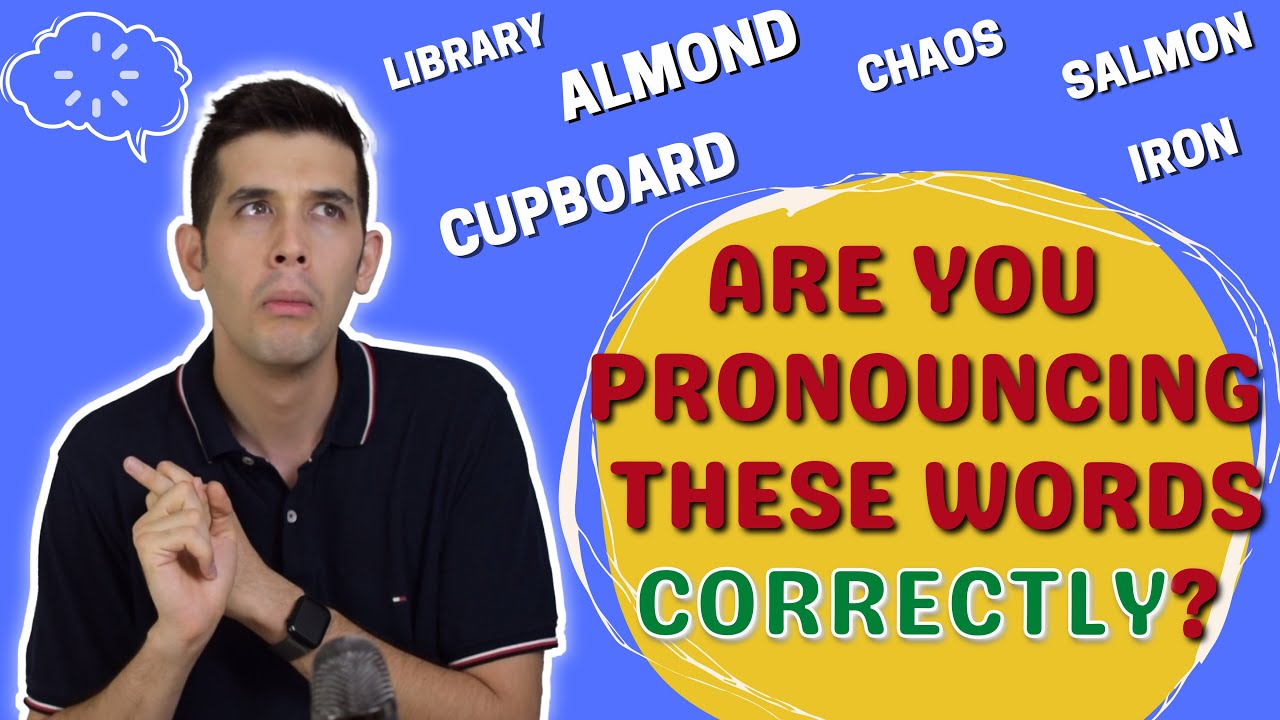
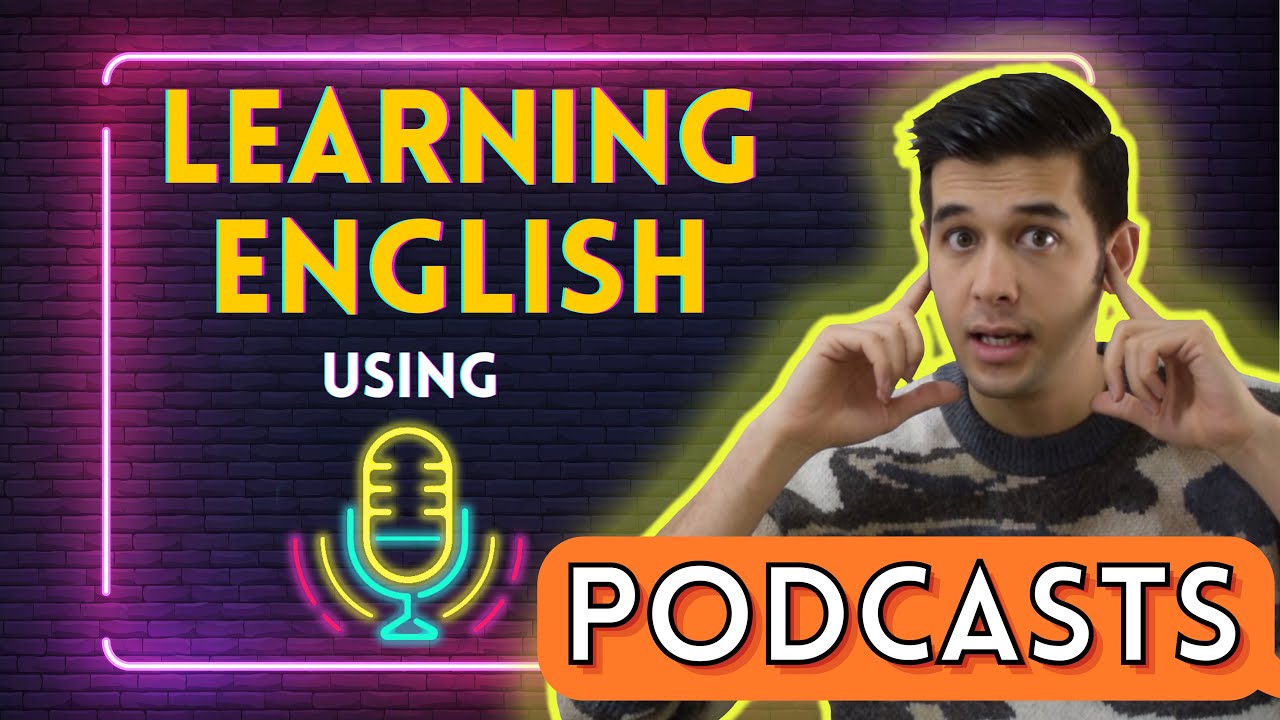
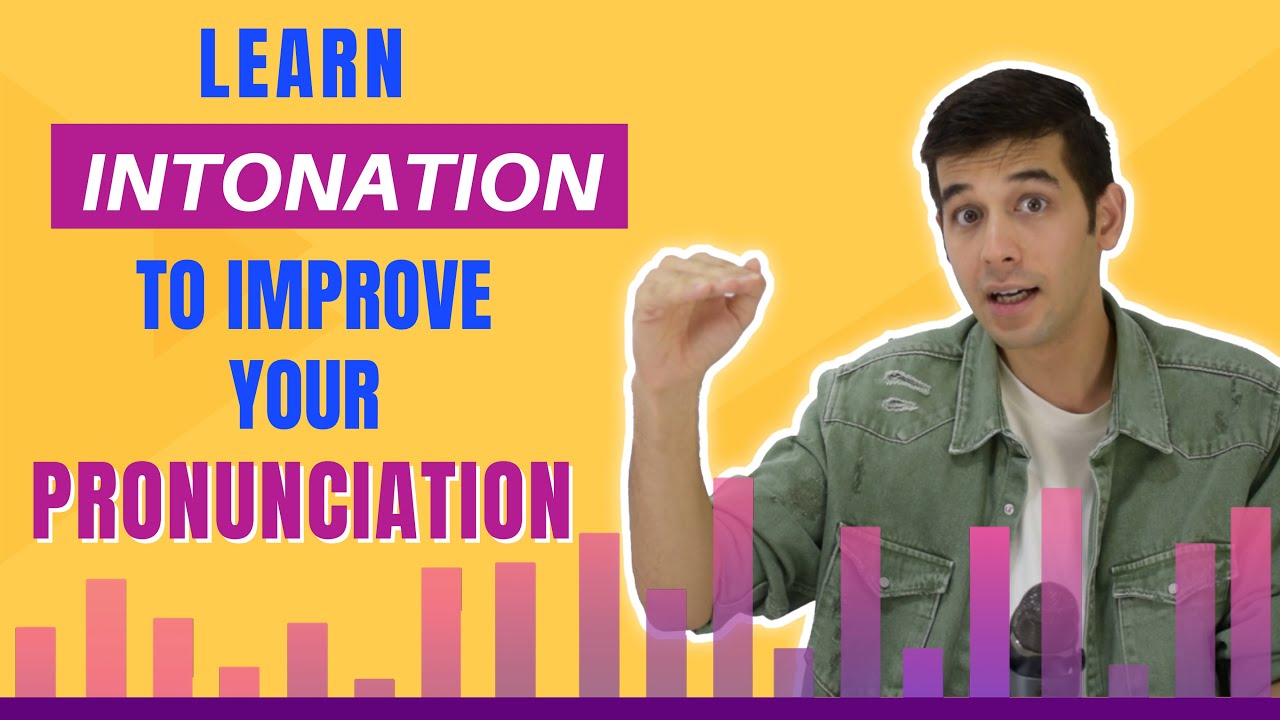
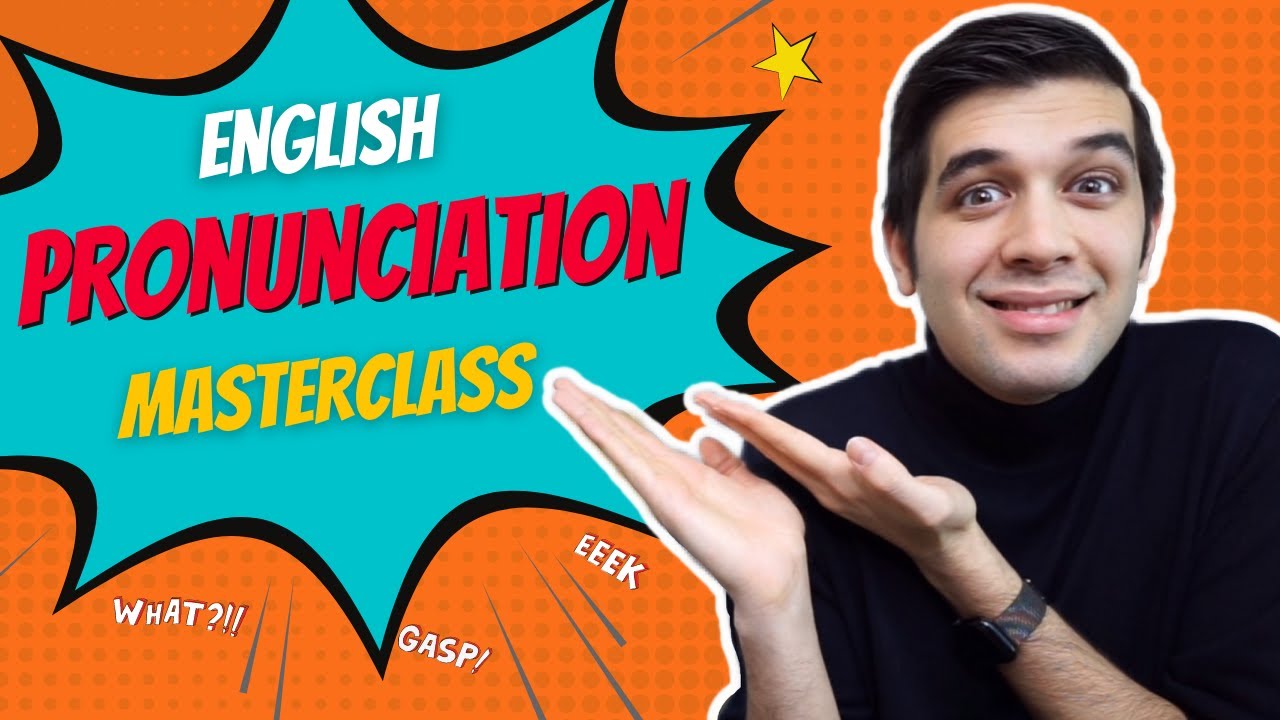
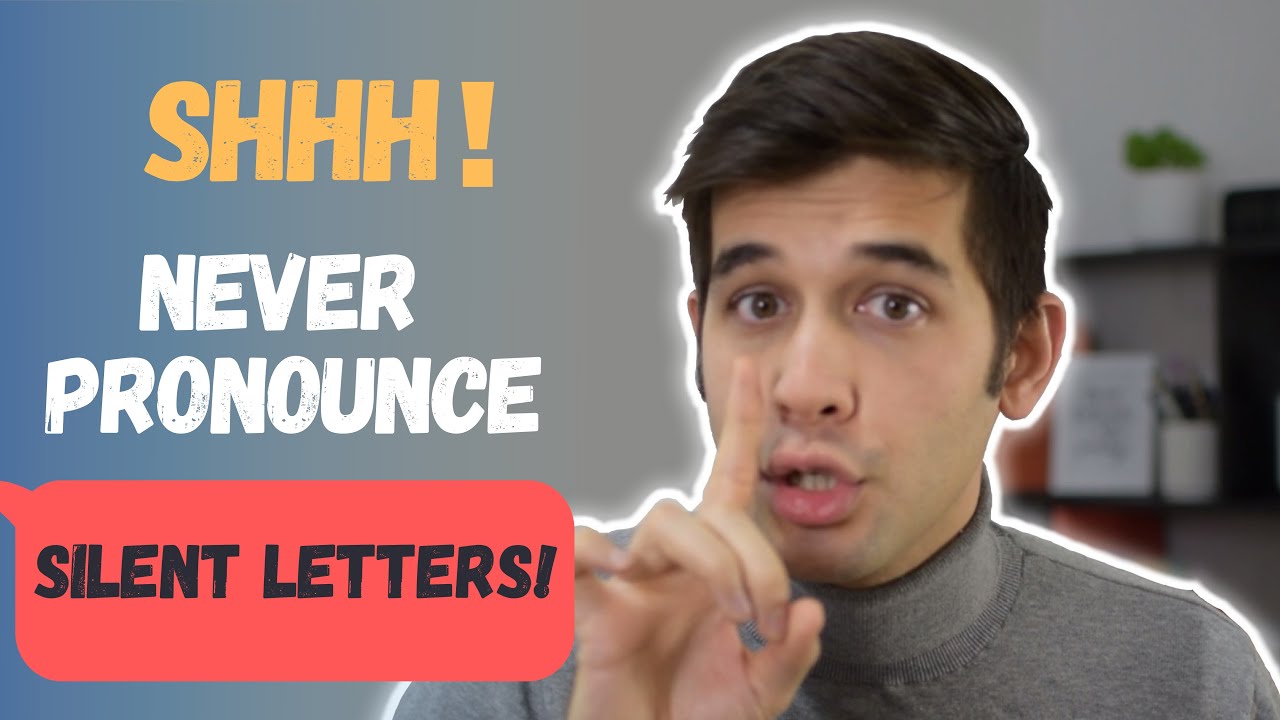
amazing
My best teacher, am absolutely ok with your lesson
Best topic and explain very well thnx
Best topic and explain very well thnx
May u always smile
I need a PDF for all these blogs. Please send me all the pdf to me.
Hi sir , I’m sam from Pakistan.i wanna learn contractions.i have seen many videos but your method is so awesome and your teaching method is so easy.i wanna get free class and your books.i really need your help and support.
Regard , your study sam
thank you very much Maddy but unfortunately it’s still difficult to understand native speakers when they talk very fast. They also use many idioms and slang…learning them by heart is impossible.